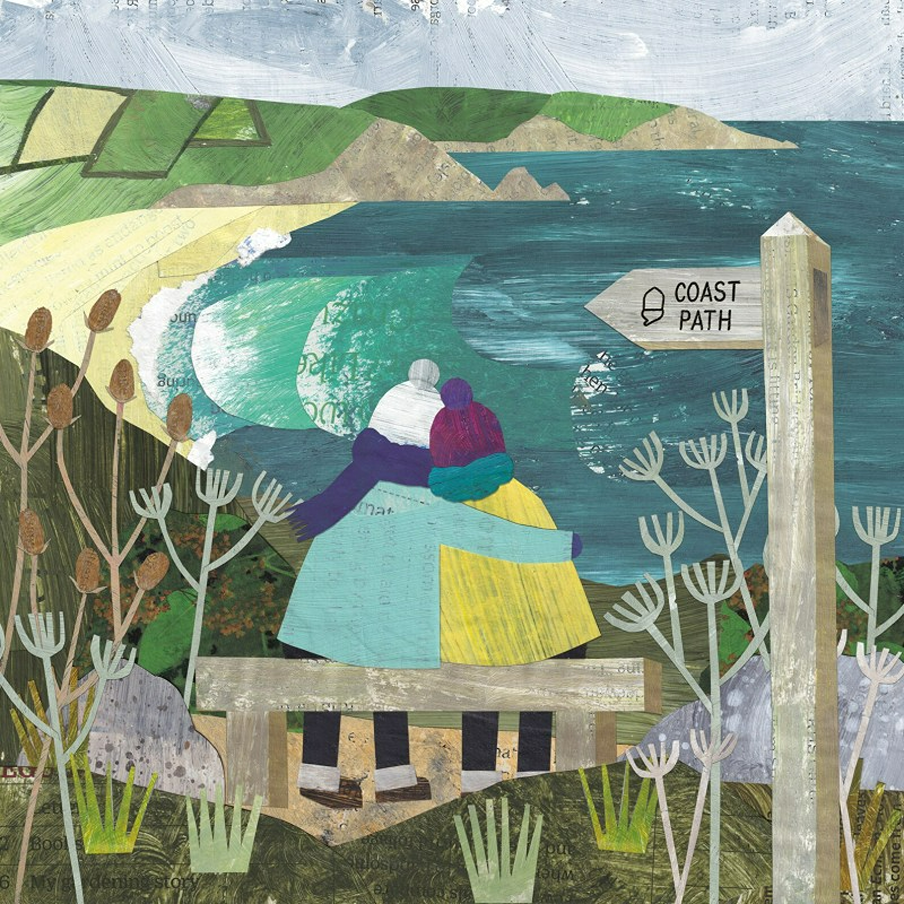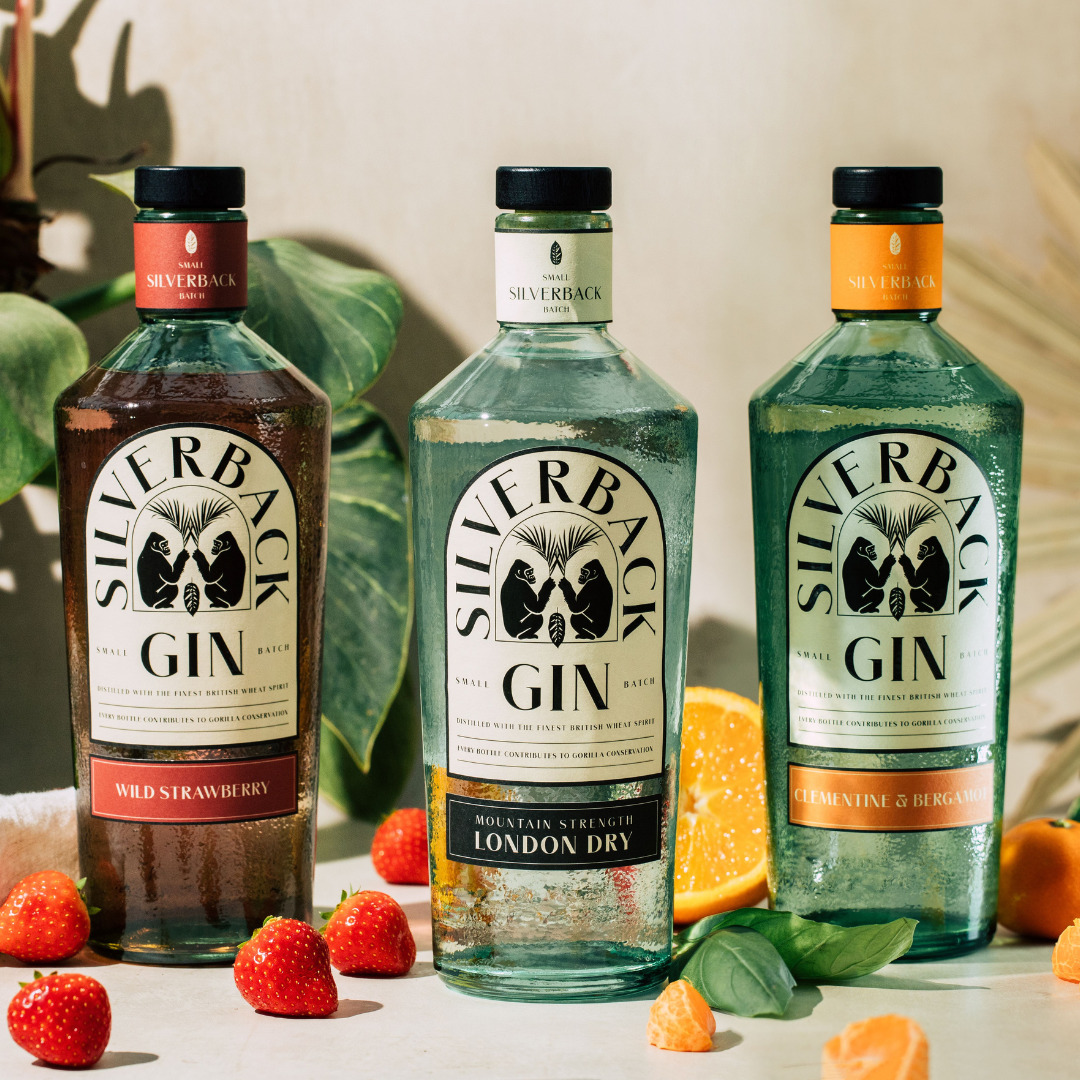Artisan Rum (from the Isles of Scilly)

It may look like the Caribbean, but the Isles of Scilly is notorious for shipwrecks (a lighthouse once even blew over before it was finished, and had to be rebuilt). It also has a strong history of pirates, so it’s no surprise that SC Dogs Distillery is a popular tipple here
All bar one is vegan – contains honey.
The range includes William Gibson Gold Rum (named after the son of a smuggler and farmer whose land still provides the ingredients and John Nance White Rum (named after a family ancestor who would row 100 nautical miles to France to bring back contraband rum!
RNLI Sea Dogs Rum is made in honour of heroic lives that were lost in these treacherous seas. Distilled in small batches from local ingredients and aged in old whisky barrels, the lingering notes of peat produces a taste to savour, over ice.
Each bottle raises money for water-safety initiatives.
‘Grog’ is another word for rum, linked to its history with pirates (simply robbers who work on ships, rather than on land).
Back in the day when sailors would drink rum on board, pirates would loot anything they found and this included rum, which they traded as currency.
They would find coopers who would fill empty rum barrels with boiling water and roll them around to create a new drink called ‘grog’. Shiver me timbers!
Why Switch to Artisan Rum?
Rum is one of the world’s most popular spirits, enjoyed by ‘old dog’ sailors and pirates! Created in the Caribbean in the 17th century, rum is made from sugarcane that is crushed to extract the molasses (if you like gingerbread, you’ll like rum).
The sugar converts to alcohol to produce a high-alcohol spirit, so keep measures low. It’s easy to get smashed on rum! Soldiers were so fond of it, they were often paid in rum.
Corks are too dense to compost, so recycle at off license or send in bulk to Recorked.
White rum is not aged as long as dark rum (which takes years to mature) and some brands age in oak barrels for deeper flavour. A few rums offer blends with honey, but apart from that, most rums are vegan.
You can’t really have a ‘local rum’, because most rum contains Caribbean ingredients (we have too much rain and cold, to grow sugar!) But you can support artisans who blend the rum, and bring money into local communities.






